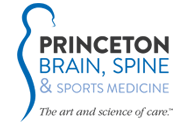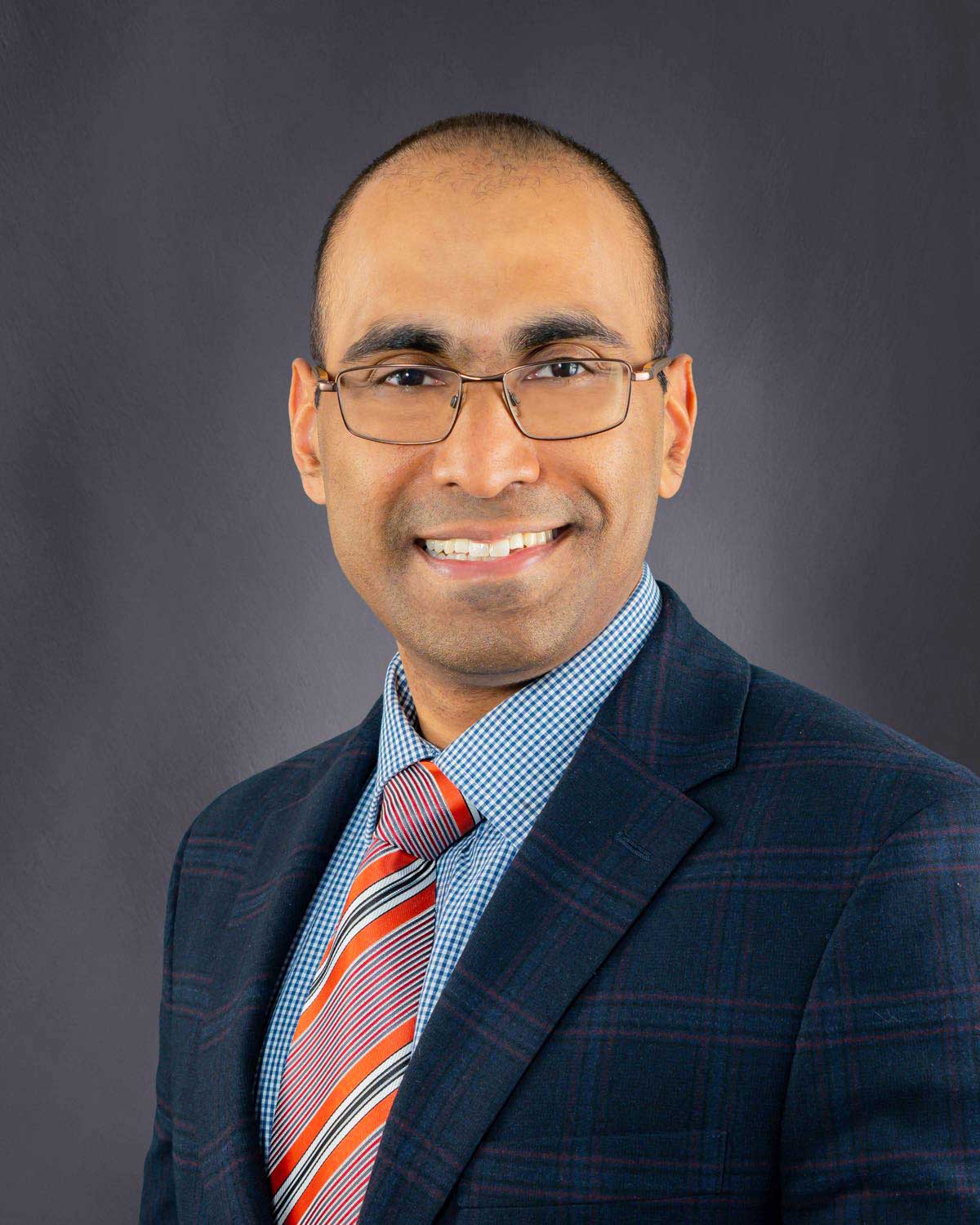Shamik Chakraborty, MD
Neurosurgeon
For as long as I can remember, I wanted to be a doctor. I’ve also always loved expressing myself in creative ways, especially when it involves my hands. I’m a classical percussionist who’s performed at the Lincoln Center for the Performing Arts. I’m also an amateur photographer. And my preferred way to unwind at the end of a long day is piecing together tiny, intricate model ships.
Maybe, then, neurosurgery’s as natural a fit as it’s always felt to me. From the moment I was introduced to it in medical school, surgery appealed to me because it encourages you to be creative. Skill and knowledge are prerequisites, naturally. But there are plenty of instances where textbooks and experience are going to get you only so far. In those moments, you need to be open to unconventional approaches and able to think quickly.
With that mindset, I’ve made myself into a well-rounded neurosurgeon, someone who can help the vast majority of patients he meets. If I have an area of expertise, it’s in treating brain and spine tumors. During my fellowship, I was able to help advance the field with my research.
It’s with these patients, who can sometimes be faced with daunting odds, that I’ve also earned to be more vulnerable, to not hide behind medical jargon. The better they understand their condition and how I’d like to help them, the easier it’s going to be for us to enter into their treatment as a true partnership.
That’s not to imply, however, that I soften my consultations to help them feel more comfortable. I’m always truthful in my assessments because that’s the only way I can set realistic expectations. On the cusp of brain or spine surgery is not the time to cross our fingers and hope for the best. I’m conscious that anything I do has the potential to be life-altering, and I need each of my patients to know it’s not a responsibility I take lightly.
I approach my work with uncompromising diligence and focus. And I approach life in general with humility. I have a family, and they mean the world to me. So, I understand that the surgery itself isn’t usually the scariest part. The scariest part is the prospect of missing out on any aspect of this wonderful life you’ve made for yourself and the loving people who populate it. I’ll do everything within my control to prevent that from happening.
My practice welcomes referrals for most brain and spine disorders, and we accept most major insurance providers, as well as Medicare.

